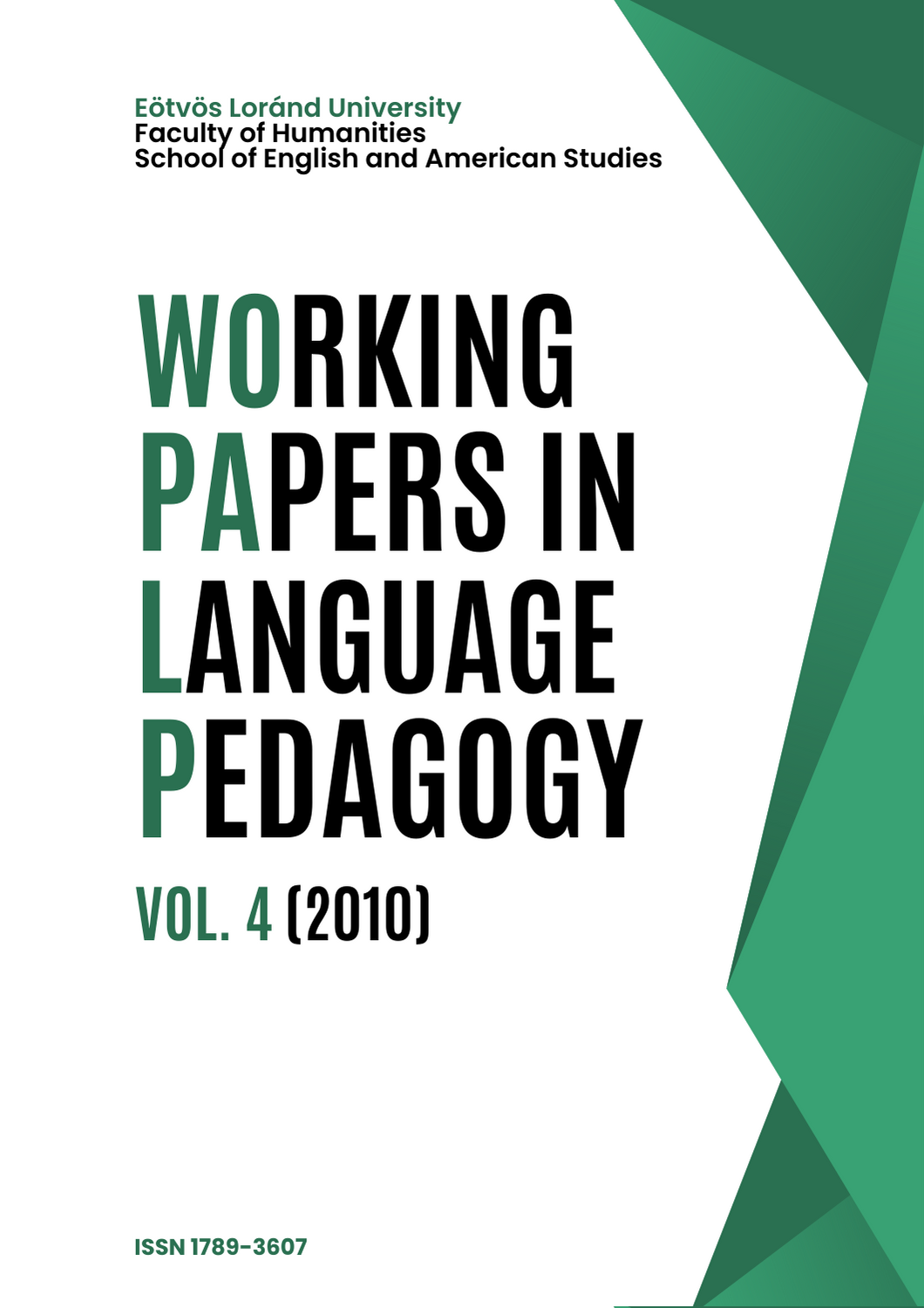Test Takers’ Listening Comprehension Sub-Skills and Strategies
DOI:
https://doi.org/10.61425/wplp.2010.04.59.85Keywords:
listening comprehension, verbal report, skills, strategies, testingAbstract
The present research uses the verbal report methodology to examine what listening comprehension sub-skills and strategies can be identified in test takers’ thought processes during the task-solving procedure. The relevance of the research lies in providing a new aspect to and thus complementing the existing listening comprehension taxonomies, which are based on either theoretical speculation or quantitative research methods. The input for the retrospectees consisted of the listening stimuli (two texts) and two tasks: multiple choice questions and table completion. Fourteen Hungarian retrospectees of level B1-B2 performed both tasks and provided verbal protocols on their thought processes. One part of the protocol data was used to modify and finalize a literature-based preliminary coding scheme by measuring the data against the scheme, which yielded a taxonomy of listening sub-skills and strategies. It was then tested on the rest of the double-coded protocol segments by establishing inter-coder reliability through percent agreement and Cohen’s kappa. The analysis of this taxonomy shows that listening for test-taking purposes, which is a non-interactive, stressful, high-stake situation, is characterized by direct reliance on schematic associations to potential referents, a continuous interaction of the aural and written input in the cognitive processes and a strong tendency to elicit forced responses.




